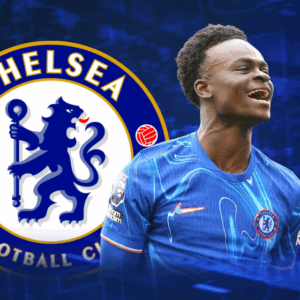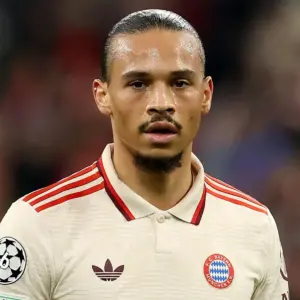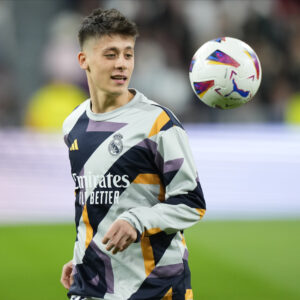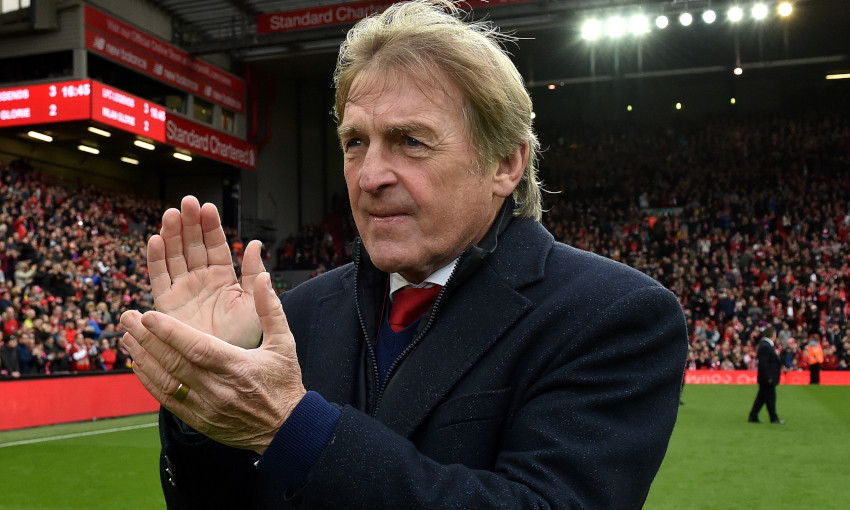
Liverpool have always been blessed with great strikers. Kevin Keegan, Kenny Dalglish, Ian Rush, Robbie Fowler, Michael Owen, Dirk Kuyt, Fernando Torres, Luis Suarez, Peter Crouch and Roberto Firmino have all been the men doing the job of a striker for the club. All of them are club legends but who is the greatest of them all?
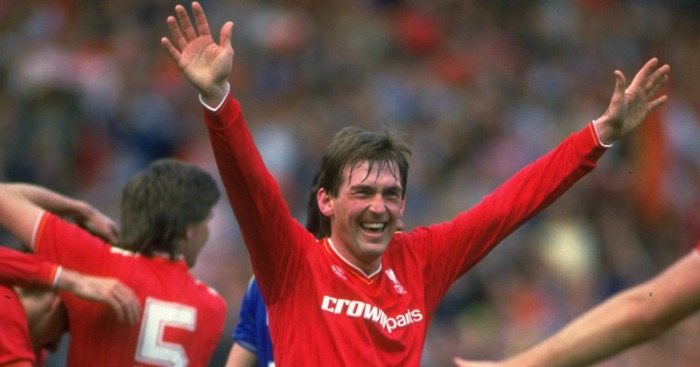
The Start Of The Kenny Dalglish Story
Starting with Celtic in 1969 at the age of 18, he was loaned to Cumbernauld United for a season and his impressive performances earned him a place at the reserves of the Celtic team under the great Jock Stein. By 1971, Dalglish had impressed Jock Stein and the fans to gain himself the reputation of a starter. His goal-scoring ability was beyond words as he ended every season at Celtic as the season’s highest scorer ever since he became a starter. Playing 300+ games and scoring 160+ goals for Celtic, Kenny Dalglish was bought by Bob Paisley, the manager of Liverpool. The transfer didn’t go down well with the Celtic fans. Later when Dalglish played for a Jock Stein testimonial match, he was booed.
Dalglish’s period at Liverpool was the greatest period for Dalglish as well as Liverpool. His goal-scoring prowess never let the Reds down. Sought as a Kevin Keegan replacement, Dalglish became more valuable to Liverpool than Keegan was. The Reds won three Football League First Division in four years since Dalglish’s arrival. They had also won two European Cups since his arrival and he was instrumental in every win. He was a starter since day one. In the year of 1981, the formation of one of the greatest strike duos of Europe took place.
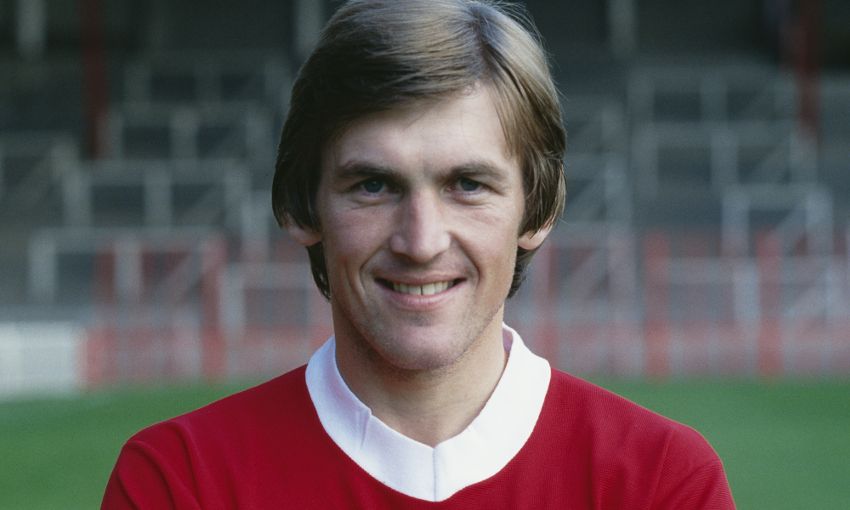
Building A World-Class Partnership; Kenny Dalglish And Ian Rush
The iconic duo of Kenny Dalglish and Ian Rush was just unbearable for the opponents as they made opponents crumble before themselves. Dalglish started playing as the second striker and Ian Rush as the positive striker. Ian Rush’s extraordinary goal scoring was a result of the excellent transformation of Dalglish as a central forward, more dedicated to providing assists for him rather than scoring goals himself. Ian Rush was transferred to Juventus in 1987 and Kenny Dalglish also had aged. He was 36 and he soon started to see himself on the bench. He retired as a player in 1990. By this time, he had won 6 Football League First Division and three European Cups and was the runners-up in the 1983 Ballon d’Or.
Dalglish’s managerial career was one of a player-manager. He became the player-manager of Liverpool in 1985, after the sudden resignation of Joe Fagan. He led the club to a league and cup double in 1985. The later years were not so successful in terms of trophies but were great footballing years of the club. Most imminent signings under Dalglish to strengthen the squad was John Barnes and bringing back Ian Rush. Dalglish resigned as the Reds manager in 1991 and joined Balckburn Rovers. He led Rovers to a Premier League promotion and for the first time since 1966, Rovers played first division football.
Managing The Rovers
He led Rovers to a fourth position finish in the Premier League, a record that seemed unbelievable. The next year, he broke that record when he helped Rovers finish second and the next season, he led Rovers to a Premier League title. History had been created and Rovers witnessed their greatest glory ever. He became the Director of Football at Rovers but resigned in 1996. In 1997, he joined Newcastle United as their manager, taking over the reins from Kevin Keegan. Dalglish led Newcastle to a second position finish in the Premier League. The next season seemed pretty unbalanced and bad as Newcastle finished 13th. This was due to mistakes in several signings as Dalglish sold a lot of stars and brought in ageing players and couldn’t improve on the performances despite experience. He was fired in 1999.
He joined Celtic as their Director of Football and soon in 2000, he became the head coach and led them to a League Cup win. Eventually, he was fired in 2000 after an array of poor displays from the team in the league. After a long hiatus, Dalglish was again the manager of Liverpool. Though he made great signings, his team lacked the lustre, and they finished eighth in the league in 2011-12 season, resulting in him being fired in 2012. Dalglish returned to Liverpool as a non-executive director in 2013.
Dalglish is the greatest striker of Liverpool and one of the greatest in the world. A good manager, a great player but an even greater human being. Further, he runs several charities, which include a breast cancer treatment charity and a charity for children’s causes.

